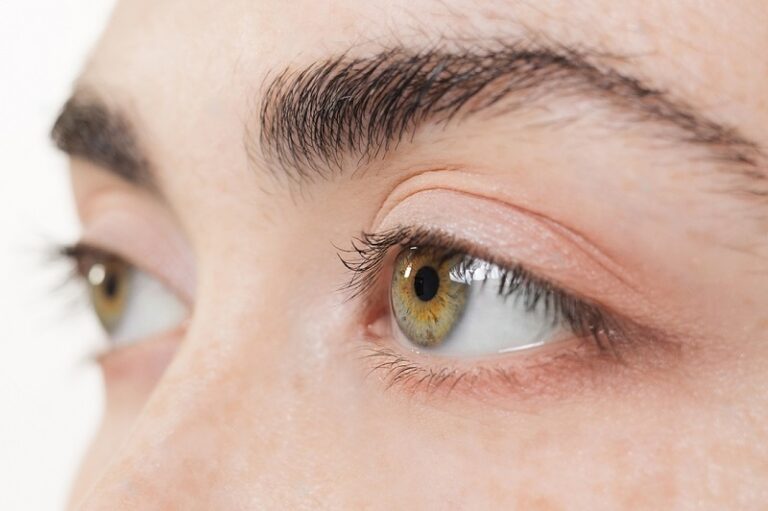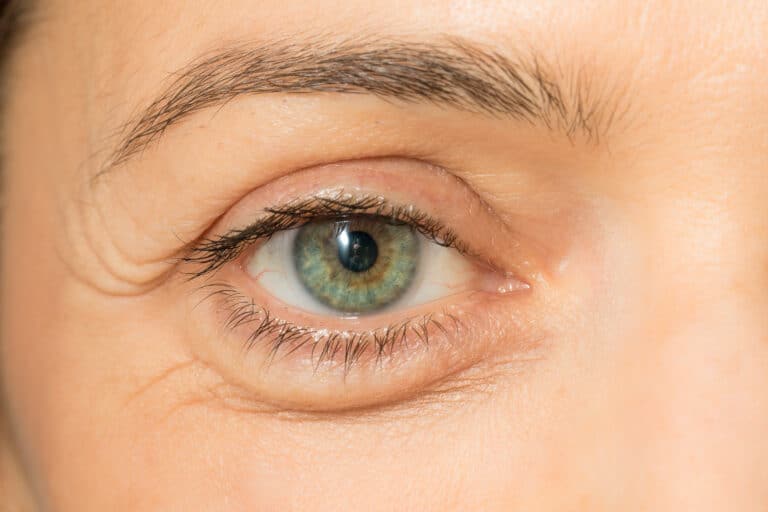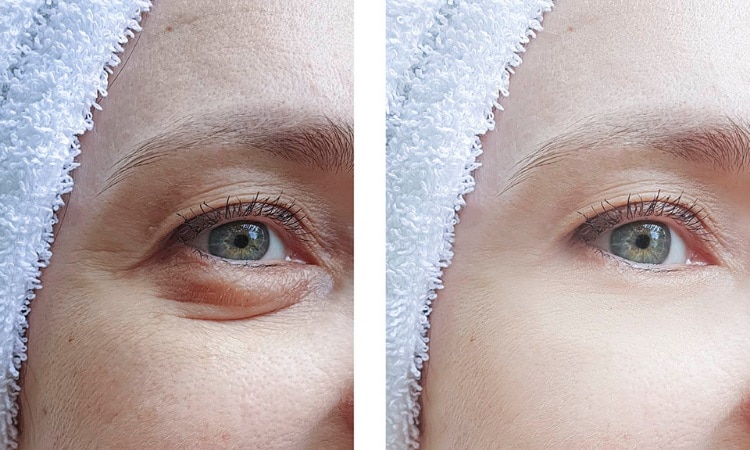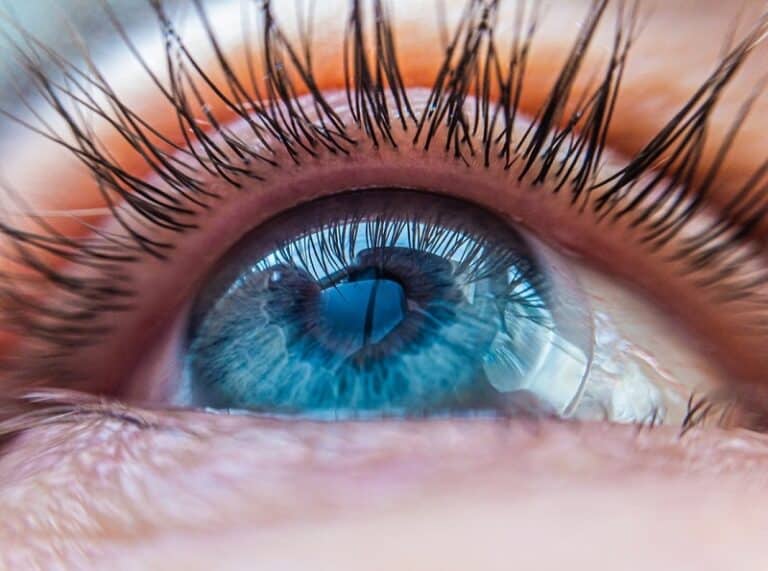How Long Does Refractive Lens Exchange Last?
Most types of vision correction surgery reshape the cornea to produce their results. Refractive lens exchange (RLE) works by replacing your natural lenses that have hardened with age. This procedure can give you significant vision improvements, and it may work for you even if you are not a good candidate for laser vision correction.
What is Refractive Lens Exchange?
Refractive lens exchange is a procedure that replaces your natural lens with an artificial one. The lens is a clear, flexible structure at the front of the eye that helps focus light. Age-related changes can cause the lens to become stiff, and over time it can become cloudy and form cataracts. RLE works differently than laser eye surgery like LASIK, so you might be a candidate for RLE even if you are not eligible for LASIK.

How is Refractive Lens Exchange Performed?
During refractive lens exchange, Dr. Senekal makes a tiny incision in the capsule that contains your lens. He will remove the lens, then insert a foldable artificial lens in its place. The new lens fits securely into the capsule. You can expect your vision to improve hourly, and your eyes will heal over the following weeks.
How Long Does Refractive Lens Exchange Last?
Natural lenses experience age-related changes, but your new lenses will not. Artificial lenses never lose their flexibility, and they will never develop cataracts. All natural lenses develop cataracts eventually, but your artificial lenses never will. These lenses are intended to stay in place for a lifetime, and they will continue to provide vision improvement.
Request a Consultation
We’d love to help you get all the information you need in order to make the best choice for your eyes. Request a consultation today! Our staff is available and happy to answer your every question.
Am I a Good Candidate for Refractive Lens Exchange?
Many people make good candidates for refractive lens exchange even if they are not good candidates for other procedures. Good candidates for RLE:
- Meet Dr. Senekal’s criteria
- Have a prescription within the range RLE can treat
- May have thin corneas or developing cataracts
- Want to see an improved range of vision
- May have issues with their natural lenses
You might be a good candidate for RLE even if your prescription is too strong for other procedures. In addition, laser vision correction will not address blurriness caused by changes to the lens, but RLE can address it.
What Results Will I See After Refractive Lens Exchange?
Many people notice clearer vision within minutes of having refractive lens exchange. Side effects like irritation or glare will fade over the next few weeks as your eyes heal. Most people can return to work and other activities within a week. You will have several follow-up appointments to check on your progress.
Take the Next Step
To learn more about refractive lens exchange, please schedule your consultation by either filling out the form on this page or by calling (780) 452-4111. We look forward to helping you!





